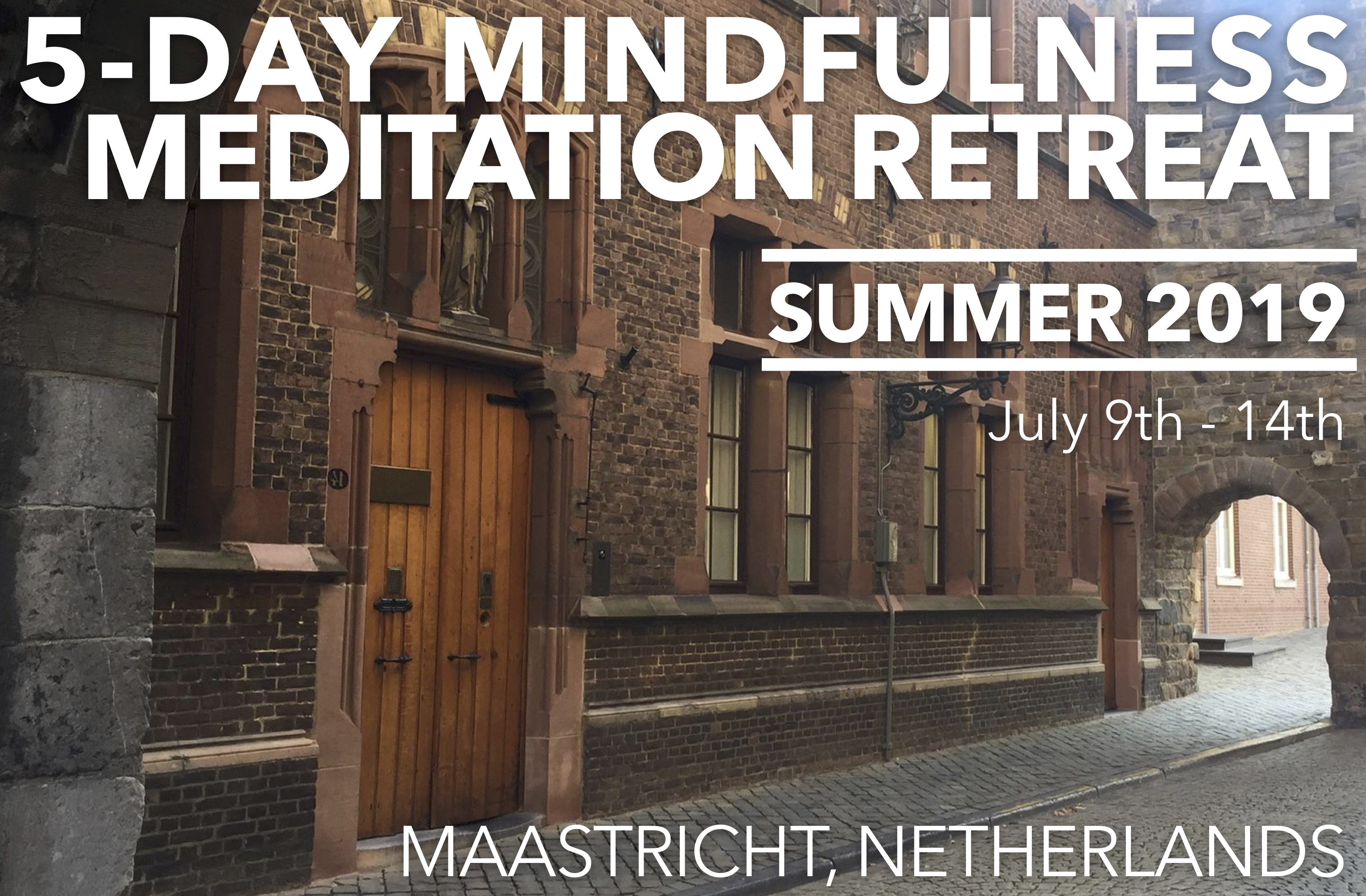What does it mean to be responsible? Ultimately, completely, and radically responsible? Does one need to have a radically responsible life in order to have a radically meaningful life? These are the questions I explored with Dharma teacher Fleet Maull Roshi, whose new book “Radical Responsibility” is launching May 14th, 2019.
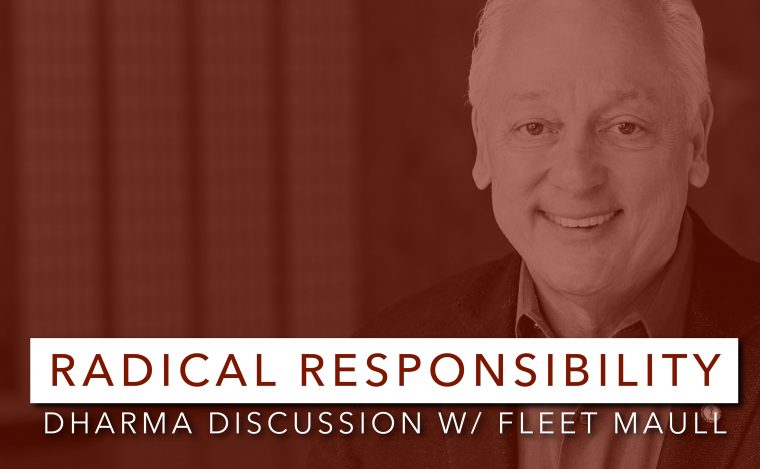

Radical Responsibility by Fleet Maull (Sounds True, 2019)
In his new book, Fleet Maull writes about “Radical Responsibility” and “How To Move Beyond Blame, Fearlessly Live Your Highest Purpose, and Become an Unstoppable Force for Good”. Fleet teaches that taking radical responsibility is the fundamental practice that gives one’s life meaning. This book is especially for those who aspire to be agents of change, through self-responsibility. Because before you can have an impact in the world you must “pull yourself up by the spiritual bootstraps” by taking radical responsibility.
On Feb. 26th, 2019 Diane Musho Hamilton and I had a call with Ken Wilber for a talk about the “Dharma & The Evolution Of Conflict” tele-summit. What ensued was a detailed overview of the nature of conflict as experienced from the perspectives of spiritual states, developmental stages, and our disowned shadow. In “Integral speak” these are none other than the “3 Practice S’s” of states, stages, and shadow. Essential practices in the areas of Dharma, Evolution, & Conflict.
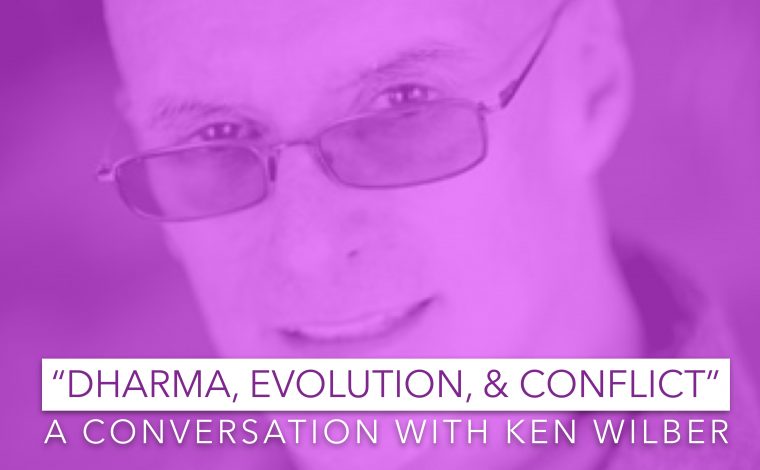
“Dharma & The Evolution Of Conflict” Tele-Summit, Free Online Global Event, March 20 – 24, 2019. Come together with Ken Wilber, Diane Musho Hamilton, Terry Patten, Wendy Palmer, Steve McIntosh, Keith Witt, Ginny Whitelaw, Greg Thomas, Fr. David McCallum (and many more) as we explore the practice and application of “Dharma & The Evolution Of Conflict”!
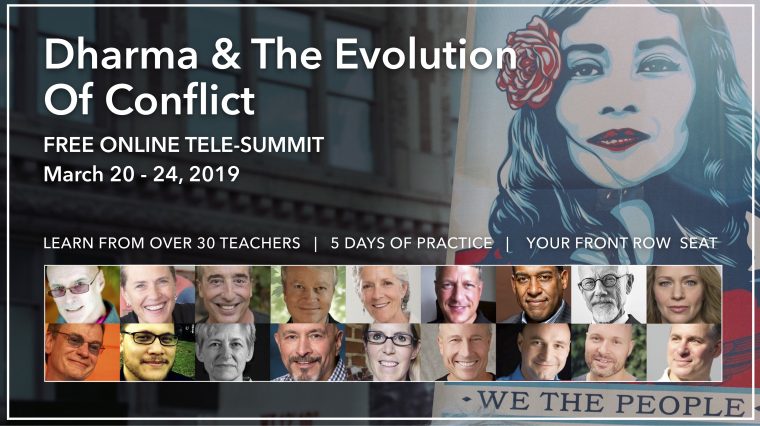
What is your relationship to conflict? Is it something you prefer to avoid? Or do you like to lean into a good fight? Recently, Diane Musho Hamilton and I held our 3rd Community Call in our “Dharma & The Evolution Of Conflict” 3-part series. In this call, together with the global sangha, Diane & I dove into this very topic as we explored “Embracing Conflict As Path.”
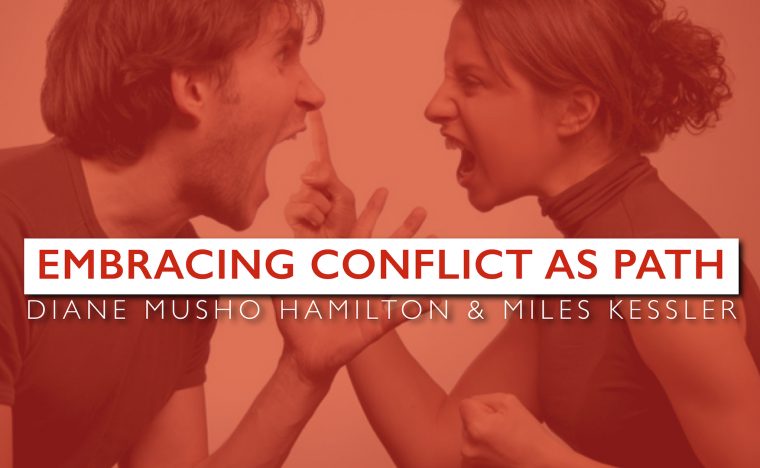
What does it mean to create mastery in Aikido? Does mastery mean you are an untouchable fighting machine who’s better faster and stronger than everyone else? Or you are able to resolve any conflict that you meet in life, or that you have the demeanor of a Zen master? Let’s take a look at these questions through the lens of the traditional Japanese system of Shu-Ha-Ri: 3 Stages Of Mastery In Aikido.
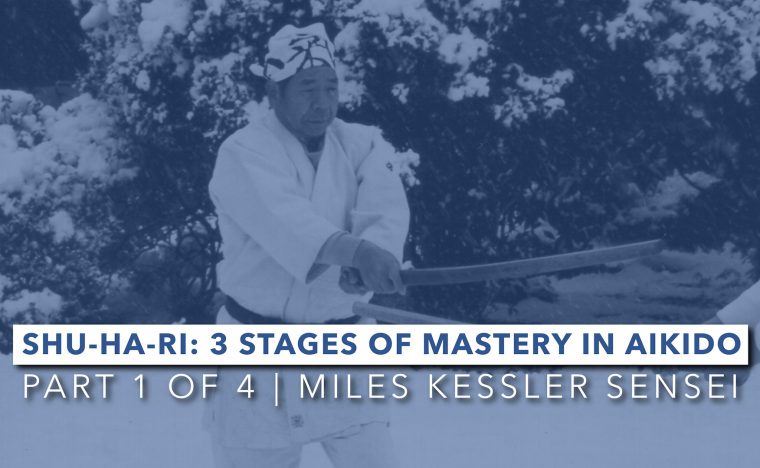
Welcome to meditation Monday! Modern science has proven that mindfulness and meditation bring countless benefits to your life. These include greater emotional & psychological well-being, physical health, mental performance, and even greater functionality in relationships. But way back in the beginning, when the Buddha first taught meditation in the Satipatthana Sutta, he laid out 7 benefits of meditation. In the text and video below the Ven. Sayadaw Vivekananda shares The Classic Benefits Of Mindfulness.
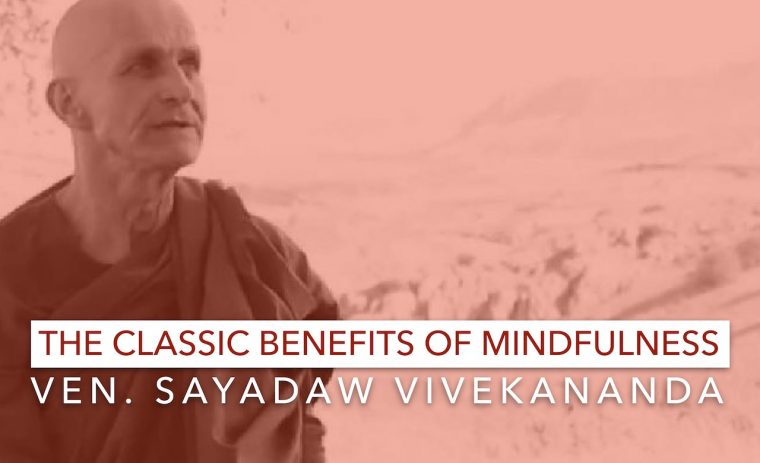
The early Buddhist term for a teacher is a “Kalyanamitta” – which means a “Noble Friend.” I love this phrase because it reframes the role of the teacher and student, and how this holy relationship impacts your life. In this blog post, I will share with you the advice the Buddha gave in his teaching on the 5 qualities of a “Nobel Friend.” As Aikido is a higher path of practice, I think that these guidelines are especially relevant to Aikido teachers. This is the Buddha’s advice to an Aikido Sensei.
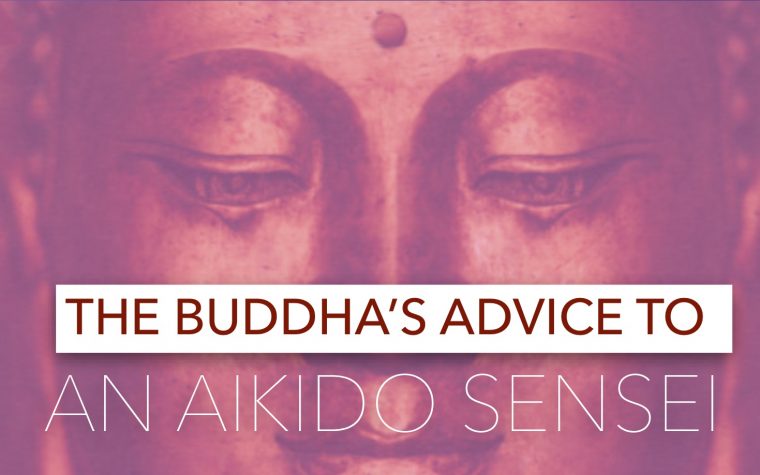
Aikido is a paradoxical art. Fully grasping Aikido requires you to develop a relatively complex understanding of its technical curriculum, while at the same time having direct access to the universal principles that are the spiritual core of the art. Another way to look at it is, to fully master the art of Aikido you need to “learn Aikido like a pro, create Aikido as an artist.”
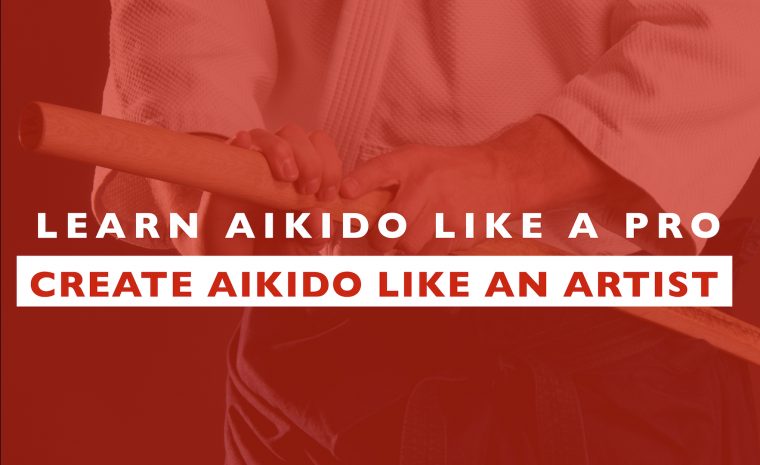
5-Day Mindfulness Meditation Retreat w/ Miles Kessler
